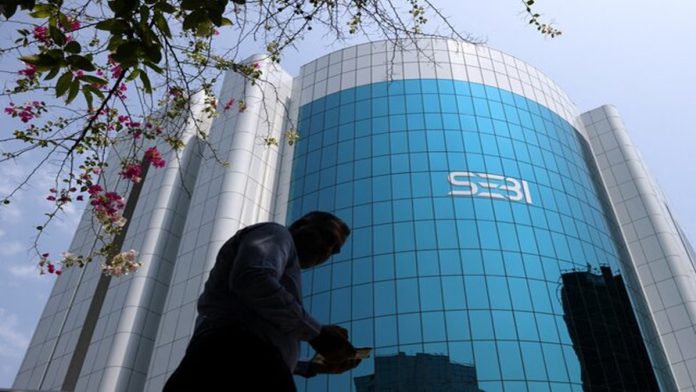The Securities and Exchange Board of India (SEBI) on Tuesday proposed a slew of changes in the guidelines for listing of small and medium enterprises (SMEs), including an increase in the lot size to Rs 2 lakh or Rs 4 lakh, higher promoter lock-in of five years and cooling period of two years for proprietary or partnership firms after they convert to a company.
“Considering increased activity in the SME segment, instances of misconduct…risks relating to siphoning of funds, promoter/ investors exiting the company after listing, etc., it is felt that to protect the interest of the investors and market as a whole, there is a need to review SME IPO framework and applicability of corporate governance provisions to SME listed companies,” the regulator said in a draft paper, inviting public comments by December 4.
Also ReadUrban unemployment declines to 6.4 per cent in Q2; MSME revival seen
Overall, the regulator has made over 27 suggestions.
Also Read SME IPOs: SEBI may increase lot size, ask for longer track record SEBI extends deadline for public comments on digital platforms proposal to November 26 Sebi mulls expanding scope of unpublished price-sensitive information Swiggy IPO subscribed 3.59 times led by QIBs
Additionally, SEBI has proposed to increase the number of minimum investors from 50 to 200, and banning SME IPOs which plan to use the issue proceeds to repay loans availed by the promoter groups or related parties. SEBI has also suggested restricting the size of offer for sale (OFS) to 20% of the total issue size of the SME IPO.
Limited liability partnerships and partnership firms who have converted into a company, would have a 2 year-cooling period before it could list on the SME platforms along with the existing 3 year track record requirement. This shall apply even in the case of change of promoter(s) or new promoter(s) after the acquisition of more than 50% shareholding prior to filing of draft offer document.
The move follows several instances of diversion of issue proceeds, booking fraudulent sales, and inflation of revenue by circular transactions through related parties or shell companies to create positive sentiments among investors before the IPO. SEBI has passed several orders against SME listed on exchanges and even halted the listing of an SME where concerns were raised.
» Read More


